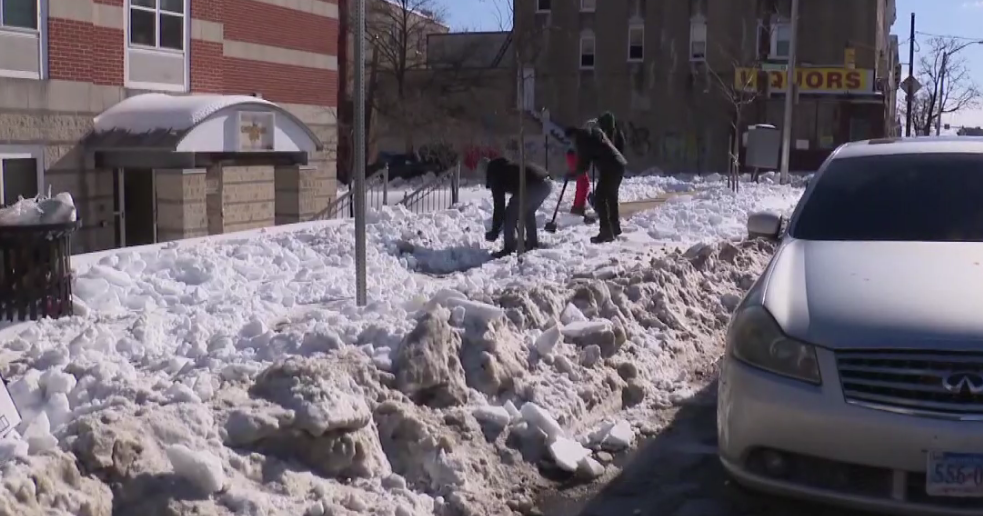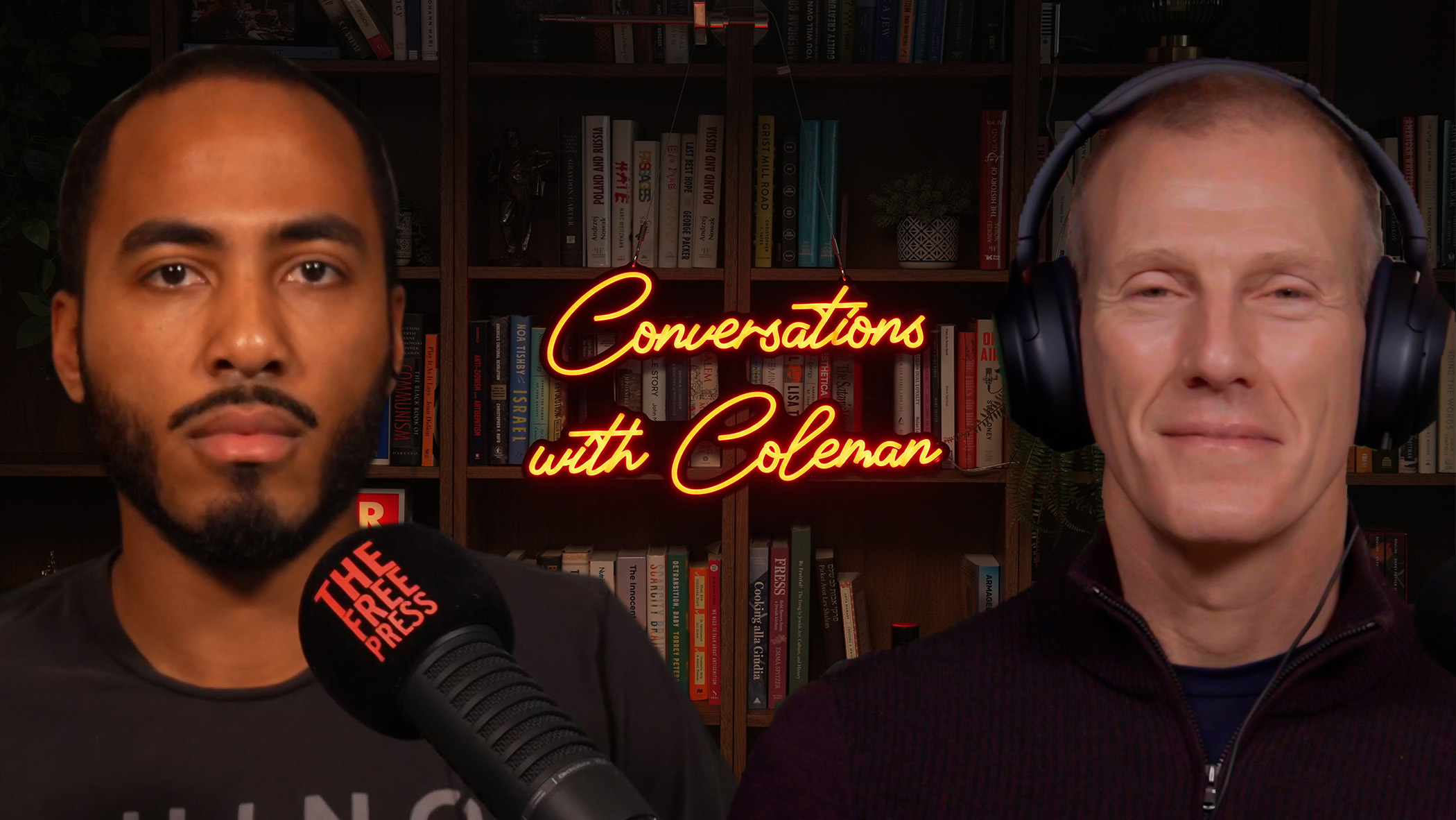Those who snooze actually do lose
Ever wonder if the early bird really does catch the worm? A "Rise and Shine" study of 1,000 participants by sleepjunkie.org, a website that -- not surprisingly -- sells mattresses, found that waking up earlier makes people happier about going to work. And, in turn, they make more money.
The dawdlers who keep hitting the snooze button instead of pouring coffee and hitting the road tend to do so in all probability because they don't want to go to work and might not like their jobs. When they do show up late and unkempt, chances are their bosses and co-workers aren't too fond of them, either, and promotions are likely few and far between.
"Job satisfaction and salary were higher with earlier wake-up times," according to the study. "In fact, the peak [salary] of $46,000 was associated with a 5 a.m. wake-up. However, the peak for job satisfaction was at 6 a.m. with an average salary of $41,000."
So is the extra hour of sleep worth $5,000? The study had no answer.
All of this may seem a bit unfair, or even unrealistic. Lots of people work late into the night, either at home or at jobs such as bartending and waitressing. Others can't sleep due to medical conditions or because they're worried about their jobs and careers -- or if they'll even have a job when they show up late and find an angry employer waiting for them.
And then there are those who can't get enough of the late-night talk shows and reruns of "Law and Order."
According to the study, most people wake up thinking about work and money. And stress may be the real alarm clock. When it comes to worries upon waking, men are slightly more vulnerable, with 56 percent having these thoughts weighing on their mind, while slightly less than half of women, about 48 percent, are concerned. Women are more likely to dwell on loved ones, perhaps the baby crying or the kids bouncing on the bed.
Despite the so-called generational prejudice against millennials, the study found that they were just as likely to be workaholics as any other generation, more so than baby boomers, who are now in the throes of retiring. In fact, the study said millennials often see themselves as "work martyrs," relinquishing vacation time -- and probably sleep.
Lack of sleep turned out to be a big factor in some occupations, and it could be responsible for later wake-up times. The legal profession had the lowest average amount of sleep in the study and one of the latest wake-up times, at 7:14 a.m. on average. People in marketing slept the longest at slightly more than seven hours, but still less than the recommended eight.
Those hopping out of bed early worked in finance and insurance, which topped the list, rising at 6:40 a.m. In all likelihood, they want to catch up on the news and see where the stock market is headed.
The study took a leap of faith when it asked people to assess their own mental health in terms of sleep. Those who viewed themselves as completely healthy woke on average at 6:49 a.m. The "mostly" mentally healthy rose at 7:15. And the completely mentally unhealthy -- who may also be physically unhealthy -- rolled out of bed close to 9 a.m.
Another reason for these late risers could be that they are simply addicted to social media. "A significant majority (71 percent) of completely unhealthy people checked their computers, tablets or smartphones before hitting the sack," said the study. Perhaps they discovered that people were "unfriending" them or that their checkbooks didn't balance. Not the best way to sleep restfully or wake up happy.
And if they are unhappy and toss all night, chances are their spouses or significant others are, too. If they share a bed, the more they hit the snooze button in the morning, the worse the relationship. The study concluded: "The highest-rated relationship satisfaction was in association with a partner who never hit the snooze button."



